
Who We Are
Bidwill Uniting has been in Bidwill for over 20 years in different shapes and forms
We are part of the Uniting Church in Australia and value inclusion and diversity.
We consider ourselves a church-without-walls and aim to express church as something that is embedded in local community in a way that is contextually relevant.
We are not a congregation, but a small team of staff, volunteers and residents, who work together on a variety of community development activities and programs to empower and support the residents of Bidwill in all areas of their lives.
We are a group of people who are committed to each other and the community we all work in.
Governance Structure
Bidwill Uniting is an agency of the Uniting Church in Australia (UCA), which was created with an act of NSW Government Act of Parliament in 1977.
The governance of Bidwill Uniting rests with the Bidwill Uniting Board, a group of volunteers who are appointed by the Parramatta Nepean Presbytery, the regional UCA body for Western Sydney. The Board is guided by our Constitution.
For more information about the overall structure of the Uniting Church, check out: The About Us page of the NSWACT Synod or the National Assembly.

Funding
Bidwill Uniting receives the bulk of its funding from internal and external benefactors including:
- Parramatta Nepean Presbytery
- Lane Cove Uniting Church
- Various government and non-government grants

What Matters to Us
- We believe that every single part of creation contains the love of God and holds inherent value. We value all of creation in our work and always aim to look after it as best we can.
- We believe that every single human is made in t he image of God and has great potential to realise their goals and flourish in this life. We aim to support each person’s growth, development and fulfilment of their potential.
- We have discovered over time, as many have before us, that nothing happens without relationship. Humans are innately social beings who need to feel a sense of trust , support and belonging before making tough decisions or sharing their personal stories. We prioritise long-term relationships with people above all else and take the time to make people feel welcome, valued and encouraged.
- “Individuals who made it out of poverty usually cite an individual who made a significant difference for them.” -Ruby K. Payne
- Having an actual physical presence in the suburb of Bidwill means that we are on the ground, available and accessible and can respond quickly t o whatever is happening locally.We tailor our work to be directly contextually relevant to this particular locality, making it more effective. We have developed a deep understanding over time of what it is like to live in Bidwill and can work in solidarity with residents towards change, as well as advocate for their involvement in decisions that affect them. Being physically present also demonstrates long-term commitment which is key for building trusting relationships.
- Working with residents to create the changes that they want means listening deeply, acting on what we hear, supporting and building t he capacity of residents to lead, and building their knowledge into our organisation, programs and activit ies so that our work is as effective as possible for residents of Bidwill and Mt. Druitt.
- We believe that all the different parts of ourselves and our lives are intrinsically interconnected and that it makes the most sense to work with the whole person, as well as the family, community and systems that they are a part of.
- We believe in the preciousness of all creation and pro-actively caring for the earth and all its creatures. We aim to be ecologically ethical in all our activities and decision making.
- We recognise that many issues facing the people of Bidwill and Mt. Druitt are systemic in nature and cannot be solved through individual and family work alone. We aim to speak into systems and work with decision makers as much as possible to advocate for change.
- We believe that every person has innate and learned strengths, passions and dreams. We aim to work with people by focusing on these strengths to help people achieve their goals as well as solve existing problems, issues and identified needs.
- We aim to always conduct ourselves relationally, ethically and with integrity in a way that demonstrates that we are trustworthy.
- All of our work is more effective when we work together. We aim to work in a highly collaborative way across the 2770 postcode with other agencies, residents and individuals who bring benefits to the area. Have a look at the 2770 Collective page for more information about how the 2770 Collective works.

“EVERYTHING THAT MADE THAT GIANT TREE IS ALREADY CONTAINED INSIDE THIS TINY LITTLE SEED”

Why Bidwill?
The Uniting Church chose to develop a ministry in Bidwill because it is a place that experiences a disproportionate amount of disadvantage across a range of indicators. Despite the many services that exist in Mt Druitt central, Bidwill and other suburbs across the 2770 postcode continue to experience a cycle of generational poverty that is hard to break without outside assistance.
Bidwill and the broader Mt Druitt area (2770 postcode) are located about 40 km West of Sydney. Mt Druitt was once a semi-rural community before the 1960s when the state government built one of the largest public housing estates in NSW. Since that time, Mt Druitt has struggled with many of the problems associated with a large concentration of disadvantage in one locality and often continues to be marginalised by mainstream media, such as in the controversial documentary, Struggle Street. Currently 55.2% of Bidwill homes are social housing (Profile.id, 2024), and Housing NSW is managing 4,500 households across the 2770 postcode.
Despite the issues across Mt Druitt, the people of Bidwill demonstrate amazing strengths on a daily basis. We aim to support the Bidwill community to build on their incredible courage as a community to overcome the many challenges that they face. We hold great respect and high hopes for the residents that we work with and the community as a whole.
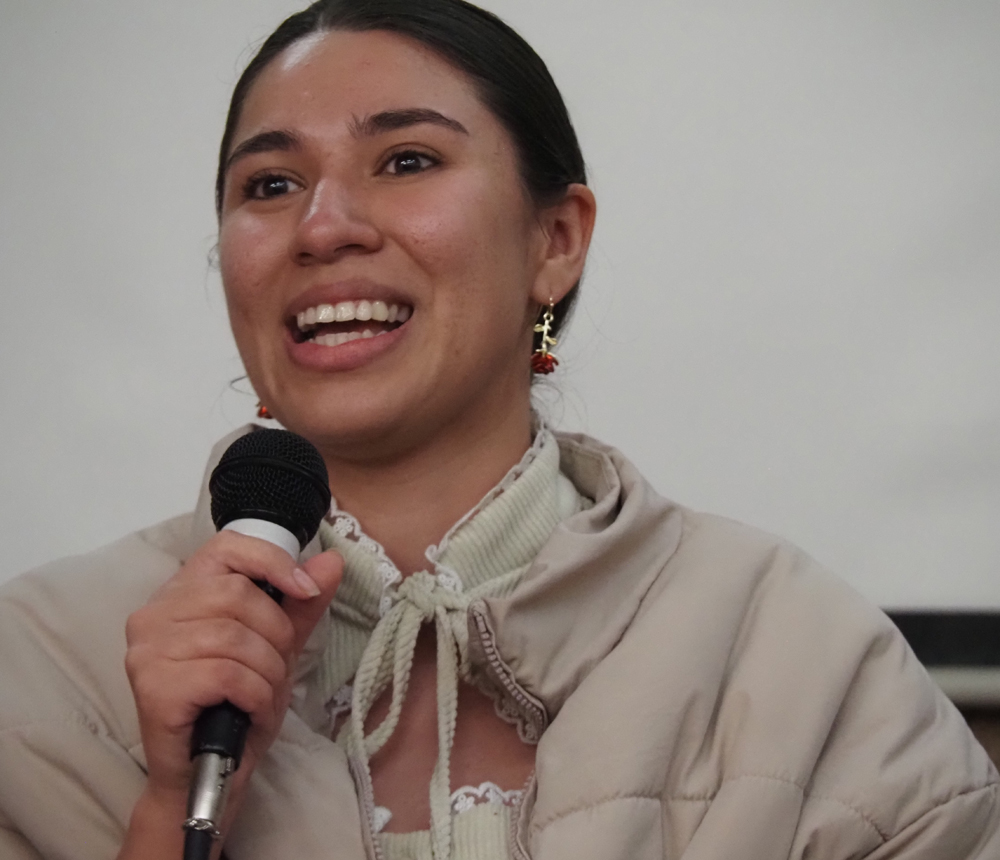
Some Indicators of Strength and Hope
We believe that living in the postcode of 2770 should not define or limit the individuals working and living in this community. Bidwill Uniting works with residents to help them break free of stereotypes and stigma, encouraging and supporting people to lead examined and fulfilling lives.
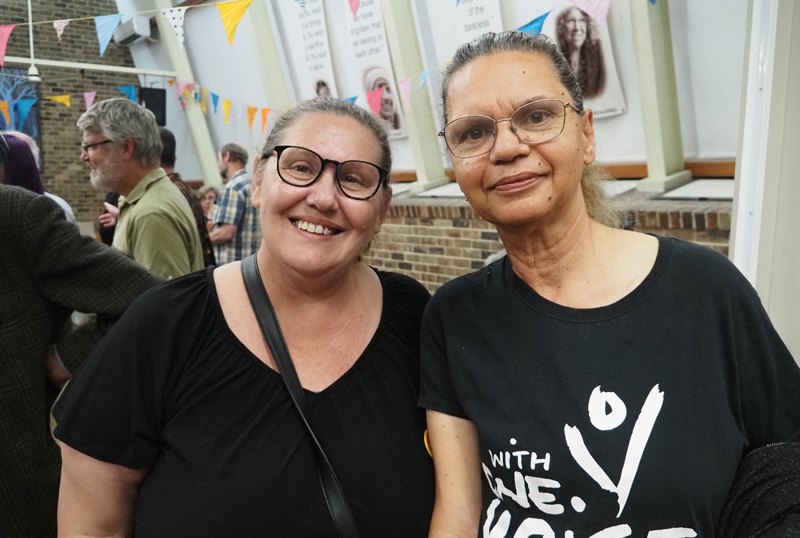
Strong local leaders from Aboriginal and Torres Strait Islander groups
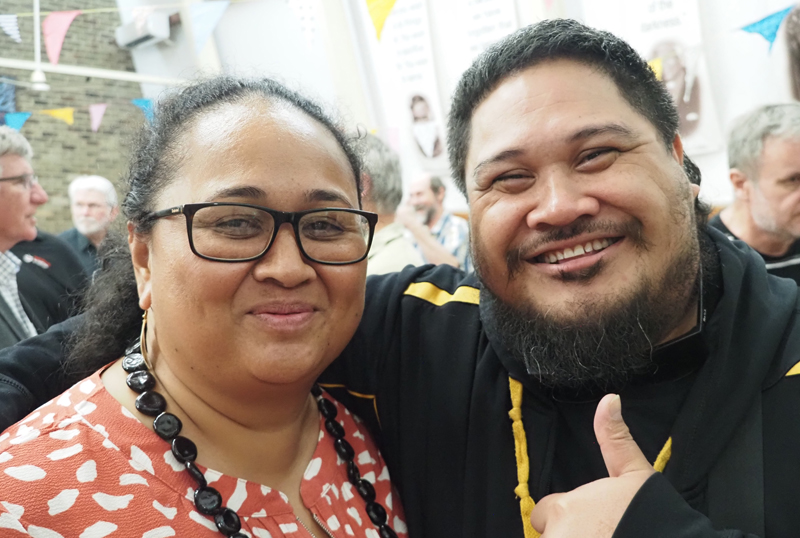
A diversity of cultures, including strong Pacific Islander communities
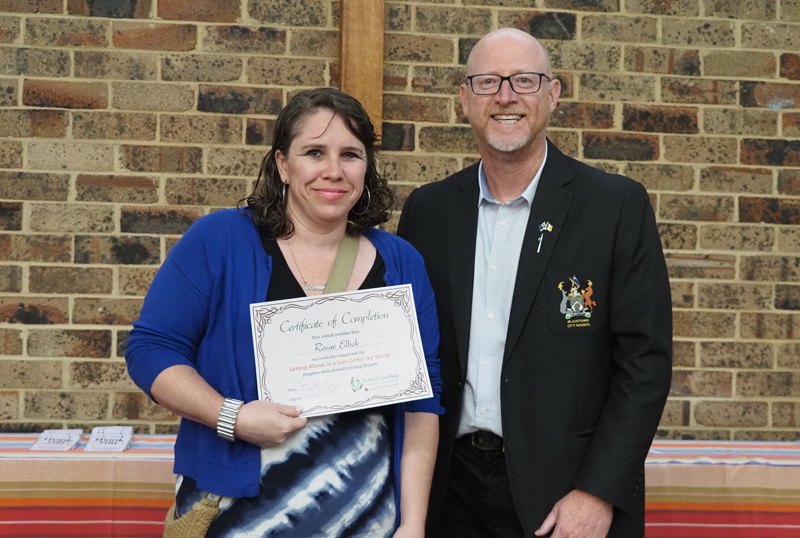
Inspirational individuals who contradict negative stereotypes, speak out and work for the good of the community
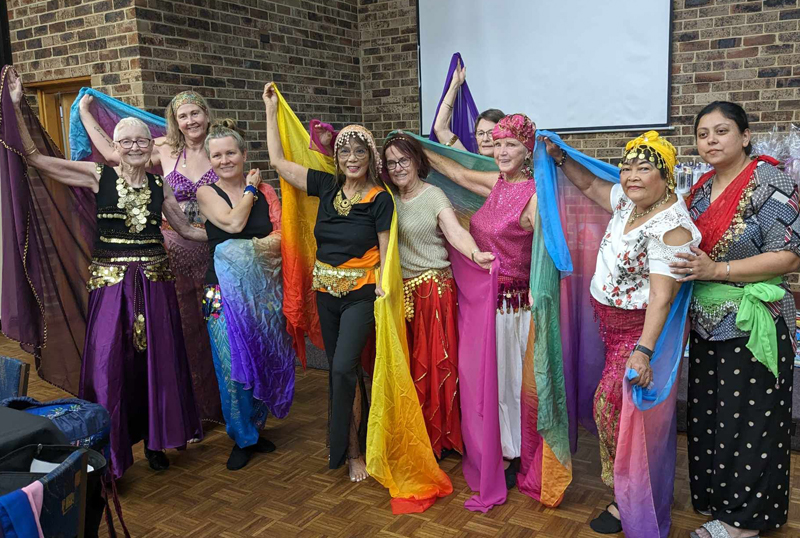
Resourceful and resilient individuals and groups
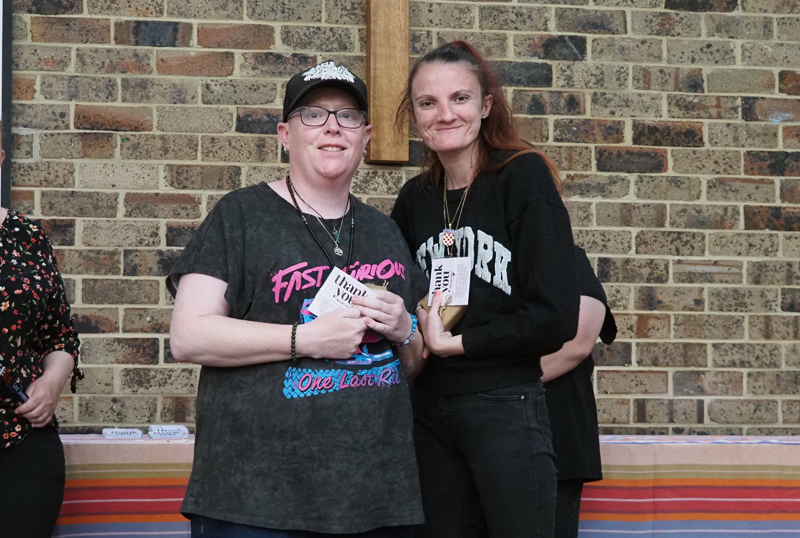
Families who are committed to ensuring their children have access to all that they need to thrive and flourish
What We Aim To Achieve
- To empower the people of Bidwill and Mt Druitt to move away from poverty in all its forms, and towards a life of abundance.
- The people of Bidwill and Mt Druitt are fully supported to build the future that they want for themselves, their children and community.
- To support the people of Bidwill and Mt Druitt to build resources in all areas of their lives and take concrete action to achieve their goals.
- To foster the building of hope, meaning and purpose in people’s daily lives.
- We limit our focus to Bidwill and the broader 2770 postcode (place-based).
- We work holistically with families, individuals and groups experiencing disadvantage.
- We focus on helping people grow and thrive (though we do provide crisis support, it is not our main focus).
- We will reach people through our Hub, through programs, activities and events; and through connectedness with other agencies within the community.
- Engage people through a drop-in centre and Hub where residents can access a range of supports and links to other services.
- Build peoples’ skills and personal resources through programs and activities.
- Actively encourage and support the involvement of residents in collective work.
- Collectively advocate for systems change.
- Where there are gaps in the service system, we will provide specific services in ways that support peoples’ dignity and autonomy.
- Promote peoples’ wellbeing and spiritual development through programs and offerings that explore faith and philosophy.
- Educate other agencies in effective practices for working with people experiencing disadvantage.
- Actively provide links to agencies wanting to provide beneficial services to the 2770 postcode:
- Partnering to provide specialised clinics.
- Offering our Hub as a place to provide place-based services.
Our Theory of Change
Context:
We believe that the entrenched disadvantage demonstrated in areas such as Bidwill and the other suburbs of Mt Druitt are the result of historically poor design and planning and lack of investment from the whole of society, particularly governments. In our experience, people living in entrenched poverty have learned a sense of powerlessness that often leads them to protect themselves from further disappointment by giving up. As Westoby et al point out, “poverty – or what is more accurately thought of as poverties – are often manifest in a form of stuckness (Max-Neef, 1991).”
People living in poverties find ways to survive, without aiming for more out of life. This in turn, leads others to blame them for being poor because they are “not trying hard enough”. This judgement further cements the hopelessness that people living in poverties feel, perpetuating an unhelpful downward spiral.
Intervention:
We believe that entrenched poverty and disadvantage is an issue of social justice that the whole of society is responsible for. We believe that cultural and attitudinal shifts are necessary at all levels of society to bring justice, hope and change.
The complexity and layered nature of the challenges that people living in poverties face, means that a multi-layered, holistic, place-based approach is needed to address entrenched poverty in particular localities.
The upwards work hinges on advocacy through collective work, and the work on the ground hinges on building positive relationships with people so their needs for wellbeing are met- giving them the foundation for confidence in their own decision making, purpose and positive future story.
Reference: Max-Neef, 1991, Not read, cited in Westoby, Peter; Palmer, David; Lathouras, Athena. 40 Critical Thinkers for Community Development
(p. 23). Practical Action Publishing Ltd. Kindle Edition.

